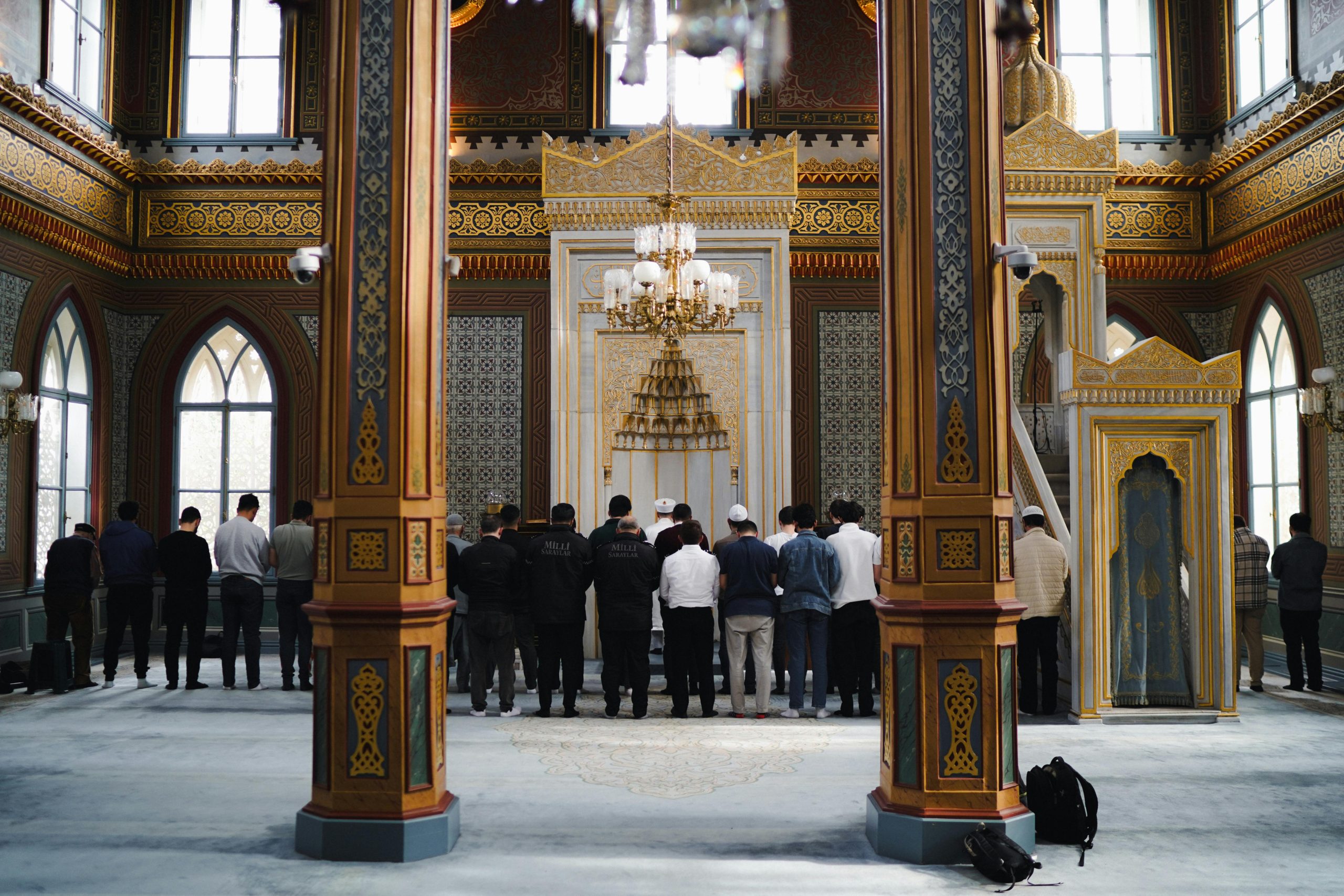The Necessity and Importance of the Pillars of Islam
Islam is a comprehensive way of life that guides believers in both spiritual and practical aspects. At the heart of this divine system are the Five Pillars of Islam, which are the foundation of a Muslim’s faith and practice. These pillars are not just religious obligations but essential elements that shape a person’s character, discipline, and relationship with Allah (SWT).
In this article, we will examine the necessity and importance of the Five Pillars of Islam, understanding how they strengthen faith, create unity, and provide a structured way of life for Muslims around the world.
1. Strengthening Faith and Relationship with Allah
The first and most fundamental pillar of Islam is the Shahadah (Declaration of Faith):
“There is no god but Allah and Muhammad is His Messenger.”
This declaration is the fundamental belief of a Muslim, establishing faith in the Oneness of Allah and accepting the Prophethood of Muhammad (peace and blessings of Allah be upon him).
Why is it important?
It establishes the foundation of monotheism (the oneness of God) in the heart of a believer.
It reinforces the purpose of life, reminding Muslims of their duty to worship Allah alone.
It strengthens the connection with the Creator, bringing peace and contentment.
Without the Shahadah, the other pillars lose their meaning, which makes it the gateway to Islam.
2. Daily Worship and Spiritual Discipline
The second pillar, prayer (salat), is a direct means of communication with Allah. Muslims pray five times a day, ensuring a constant spiritual connection.
“Indeed, prayer prevents indecency and evil deeds.” (Quran 29:45)
Why is prayer important?
It organizes the life of a Muslim.
It purifies the soul through seeking forgiveness and guidance.
It helps maintain a strong connection with Allah throughout the day.
Without prayer, a Muslim’s faith weakens, which highlights its importance in daily life.
3. Promoting charity and social responsibility
The third pillar, Zakat (charity), emphasizes helping those in need. It is a financial obligation for Muslims who meet a certain income threshold.
📖 “And establish prayer and pay zakat, and whatever good you send forth for yourselves, you will find it with Allah.” (Quran 2:110)
Why is Zakat important?
It reduces poverty and helps those struggling financially.
It purifies wealth, promoting economic justice.
It encourages generosity and compassion among Muslims.
Zakat ensures that wealth is distributed fairly, creating a balanced society.
4. Self-purification and spiritual reflection
The fourth pillar, Sawm (fasting during Ramadan), teaches self-control, patience, and gratitude.
“O you who believe, fasting is prescribed for you as it was prescribed for those before you, that you may attain piety.” (Quran 2:183)
Why is fasting important?
It teaches self-control, helps control desires and bad habits.
It increases compassion for the poor by facing hunger.
It brings about spiritual renewal through prayer and Quranic recitation.
Fasting is a powerful form of worship that promotes spiritual purification and deepens faith.
5. Strengthening unity through Hajj
The fifth pillar, Hajj (pilgrimage to Mecca), is a once-in-a-lifetime obligation for those who can afford it. It unites Muslims around the world in a great act of devotion.
“And proclaim Hajj to the people, they will come to you on foot and on every lean camel from every distant place.” (Quran 22:27)
Why is Hajj important?
It reminds Muslims of the Day of Judgment.
It is a symbol of equality, as all pilgrims wear plain white clothes.
It promotes unity, bringing together Muslims of all races and backgrounds.
Hajj is a test of patience and dedication, deepening faith and commitment to Allah.
Conclusion: The Necessity and Importance of Pillars of Islam
The pillars of Islam shape the life of a Muslim.
The five pillars of Islam are not just acts of worship. They are guiding principles that shape the spiritual, social and personal life of a Muslim.
They:
Strengthen faith and worship.
Promote charity, discipline, and unity.
Help achieve success in both this world and the hereafter.
By practicing these pillars, Muslims build a strong relationship with Allah that leads to peace, happiness, and ultimate salvation.



